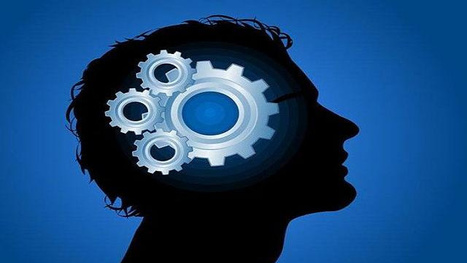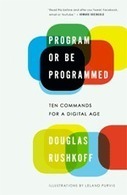This talk draws on the latest global modeling research to construct a sweeping thought experiment on what our world will be like in 2050. The World in 2050 combines the lessons of geography and history with state-of-the-art model projections and analytical data-everything from climate dynamics and resource stocks to age distributions and economic growth projections.
Laurence C. Smith takes as big forces demographics, natural resources, globalization and climate change.
- slowing but still very fast growth rate. developed world: dropping
aging: esp. china
- urbanization: demand for electricity, metals,... (esp. growing word)
-> relying on globalized companies <-> forgetting basic skills
- water stressed regions will be even more so ("resource wars")
- 1893: phyiscs of climate change prooven -> real problem
-> greatest uncertainty in prediction
-> long time to see the results / difference between actions
-> multiplied in north regions ("greenland-potatoes", polar->grizzly)
-> arctic ice shelf; shipping - warmer winters
-> greenland cruiseship tourism <-> permafrost, ice roads melting
- oil and gas in the arctic (est. 13%oil, 30%gas prv. undisc.)
-> conflicts about territory <-> UNCLOS article 76, geol. diplomacy
-> Russias oil / gas importance <-> unconventional sources
-> Canada
- current trend of globalization continuing (north countries =/ Russia)
Via
Martin Daumiller,
FastTFriend



 Your new post is loading...
Your new post is loading...














